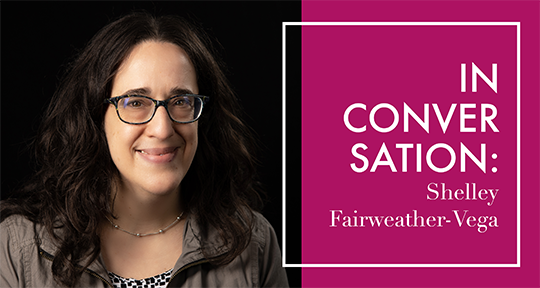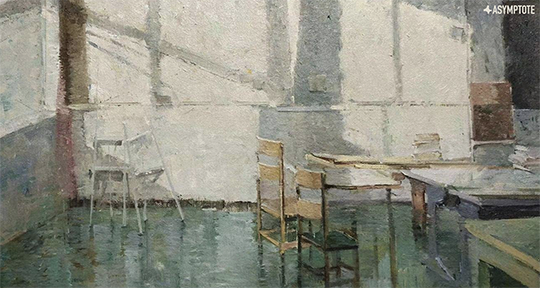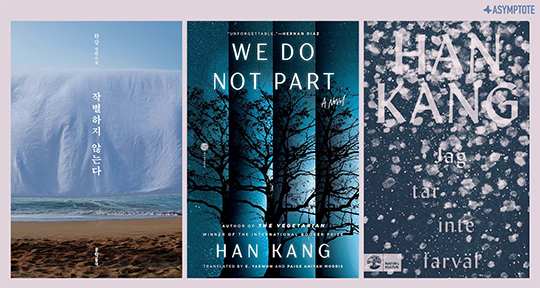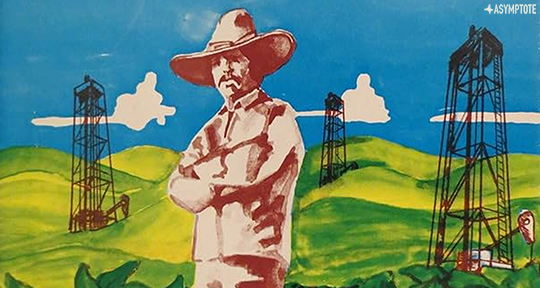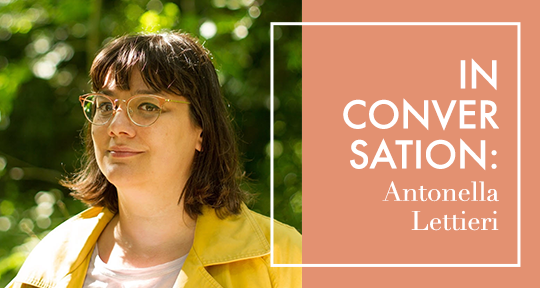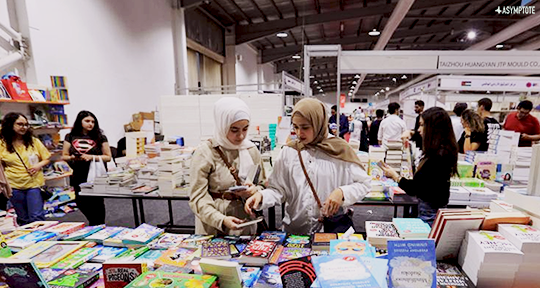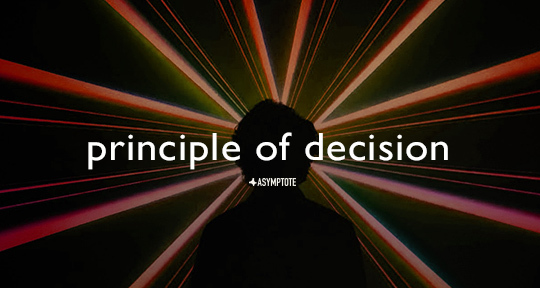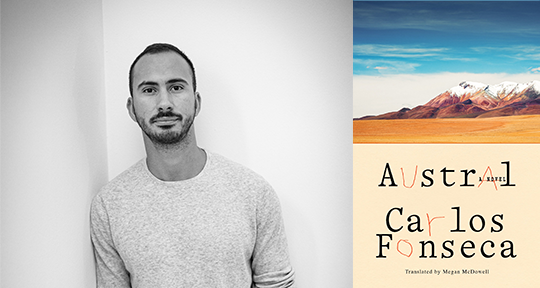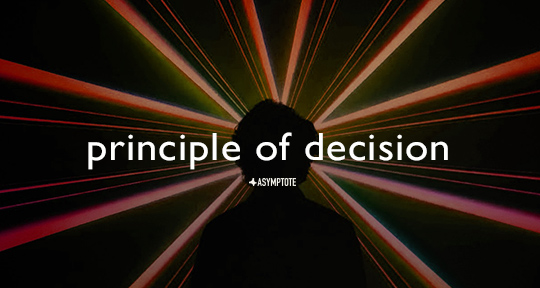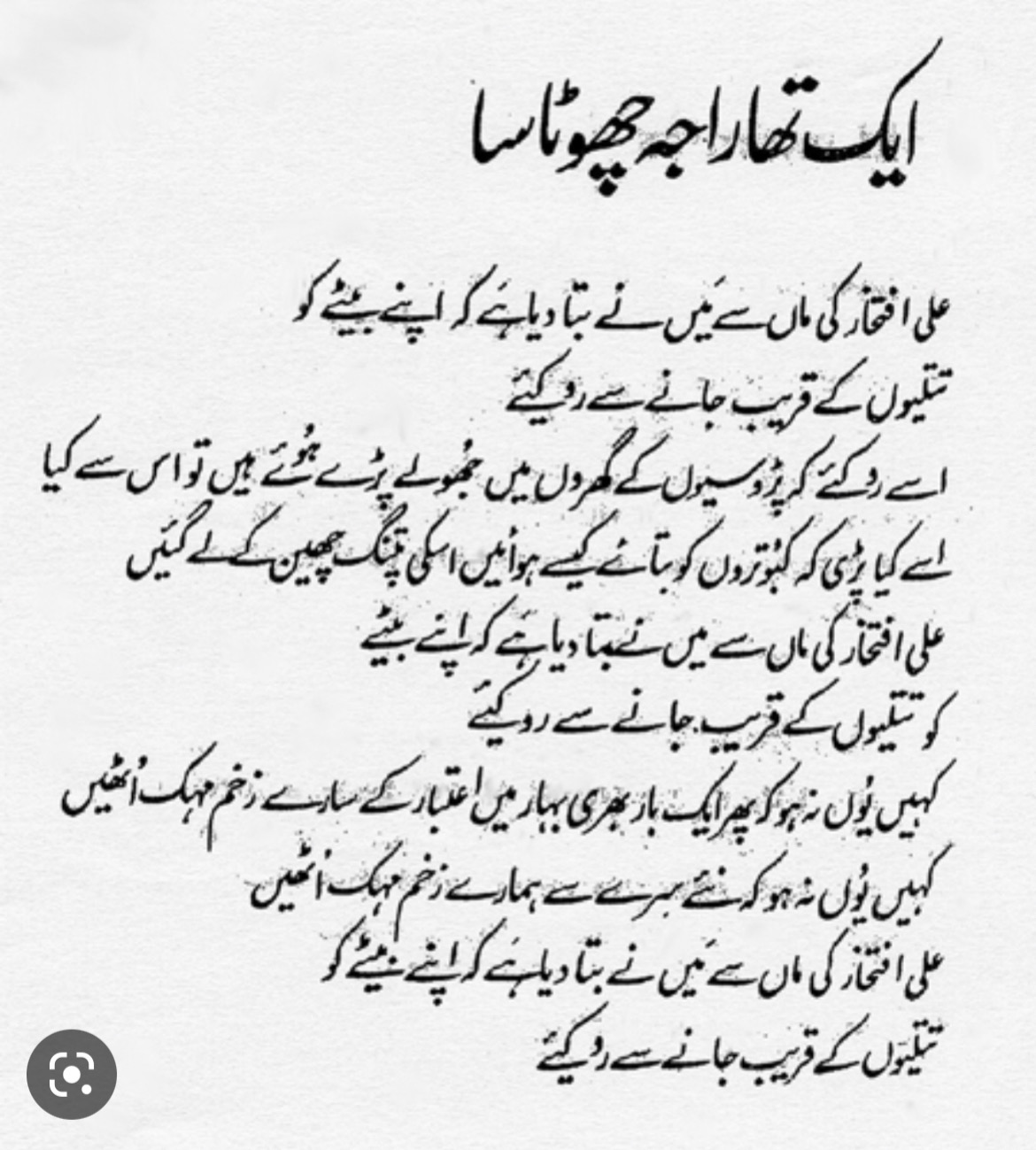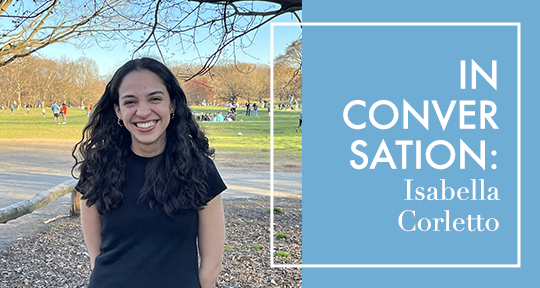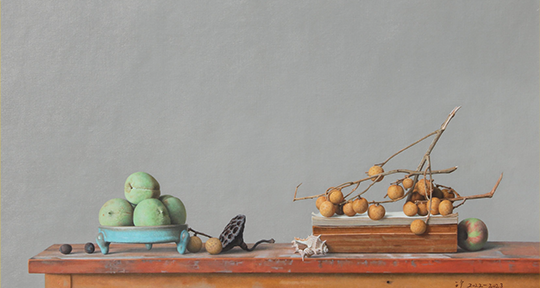In this essay, translation is explored as a physical, materialist phenomenon. In comparing the craft of language-transformation to the corporeality of eating and digesting, the role of the translator is expanded beyond a secondary conduit of texts, and posited instead as the owners of a unique, private production.
In her Against Interpretation and Other Essays, Susan Sontag coined the word ‘cosmophagy’, defined as ‘the devouring of the world by consciousness.’ That neologism, physiological instead of cerebral, underscores the appetite so inherent within the act of thinking, a hunger that represents the need to absorb and to take in, but also to digest and to integrate—the outside brought inside, the other made into the self. In considering the relationship between eating and reading, the most common notion is the idea of literature as somehow satiating, or the insistence that books are an essential part of livelihood—but beyond the simplistic conjecture of text as food, correlating the two human acts invites the assertion of the self as a desiring presence, and the body as a capacious methodology of transformation. By affecting our hunger onto the world, we claim a type of ownership over it, and once the materials of the world enter the realm of our senses, they change—becoming irreducibly ours.
Translators are likely to be familiar with this textual ingestion, having spent more time chewing on their words than most. After taking their meal, they are the ones who make a home for the text, carrying it for months or years, witnessing it seep into their own voice, their own imagination. ‘A translator is a professional schizophrenic. . .’ the Hungarian writer Zoltán Pék stated. ‘He is operating in an elevated state of mind,’ which is to say, a state of harbouring multiple minds. When they are humble, many translators will use terms such as I hope or I tried to speak of their work, positioning themselves as simply one flawed interpreter, seeking the approval of the authors that still live inside their heads. This lack of vanity is essential to the craft, which often forces oneself to confront one’s lack of knowledge, fluency, originality, or ability—but it must also work to emphasise the singular inventiveness of each individual translational attempt. The author may be in there, a wonderfully influential companion, but at the end of the day, it’s still your head. READ MORE…


